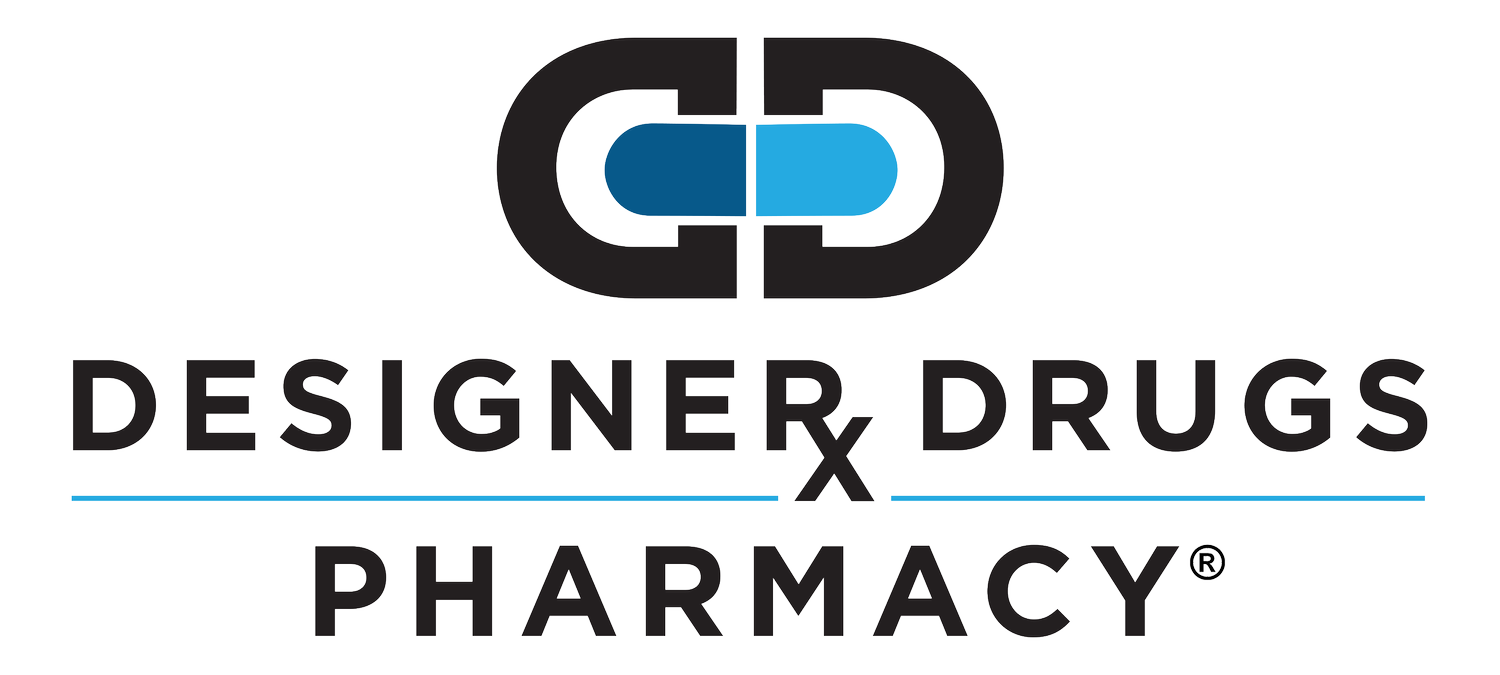Anti-inflammatory Supplement alternatives to Ibuprofen
As a pharmacist (and really just “as a human”) I’ve taken and recommended more than my fair share of ibuprofen. In fact, I’ve claimed MANY times that ibuprofen + pseudoephedrine would get me through any shift no matter how sick I was. I may have even called it a miracle life saver, but that would be severely inaccurate. I know (as a professional) that ibuprofen is the most dangerous OTC drug if you look at overall morbidity and mortality. It is the number one cause of intestinal bleeding, which in compromised individuals can lead to death. Less severe sounding is its impacts to the cardiovascular system, even with just one dose. After sitting through the Cardiology Module of my fellowship program, it became clear to me (thanks to Dr. Mark Houston for his amazing compilation of summarized literature) that one of the biggest ways we can protect our cardiovascular system from vascular injury leading to vascular inflammation is stopping NSAIDs. NSAIDs are a class of medication that include ibuprofen and naproxen. What? So, these potent ANTI-inflammatories can lead to cardiovascular injury and (vessel) INFLAMMATION? Yes!
I’m not recommending never use ibuprofen again. However, I made a commitment to myself to minimize my ibuprofen usage. Now, if I’m sick with a fever, I’m most likely going to take 600mg of ibuprofen. However, when I have a slight headache, jaw tightness, muscle soreness, etc – all the little reasons I used to take ibuprofen, I committed to finding an alternative to ibuprofen that would not ultimately lead to cardiovascular or gastrointestinal injury. Let’s discuss these alternatives one at a time, and when I find them useful.
Every great pharmacist starts with non-pharmacologic interventions, so I will strive to be a great pharmacist. When you are acutely inflamed and have swelling such as a twisted ankle, always think about RICE – rest, ice, compression, and elevation. Also, for many headaches, the antidote is WATER! What is so interesting is how many of us take ibuprofen when we are really dehydrated. That’s a double doozy hit to your cardiovascular system via the kidneys. If you take ibuprofen – make sure you’re hydrated! This protects the kidneys from damage. So, you’ve RICE’d and hydrated and you STILL have pain? Keep reading.
For acute minor pain (like minor headaches, jaw tension, etc.), I’ve started turning to a product called Inflavanoid Rapid by Metagenics. This product contains highly bioavailable curcuminoids, Boswellia, and black sesame seed oil. It is clinically studied and formulated support the body’s natural response to minor discomfort and muscle soreness and has been shown to be as effective as OTC pain relief such as ibuprofen and acetaminophen. It works by supporting the body’s response to oxidative stress via influencing a variety of molecules involved in the initiation phase of the immune and inflammation response.
A similar product by Metagenics, Inflavanoid Intensive Care, is meant for recurrent minor pain and is formulated with technology that allows it to act as a sustained release product. This product works well for recurrent pain such as joint pain or menstrual pain. Specifically, the patented combination of Curcumin, Boswellia, Fenugreek, and Ginger increases absorption, and allows it to inhibit inflammation- causing processes in the body. Some of you may have heard of the COX-2 enzyme, and “COX-2 inhibitors” such as meloxicam. COX-2 inhibition is also how this product works!
For my next blog, I’ll change gears slightly and we’ll discuss an interesting supplement that is discussed repeatedly in functional neurology circles for use in headache and migraine.
TANYA MANONI is a Chattanooga-native but earned her BS in chemistry and PharmD at the University of Utah. She is pursuing her fellowship in Anti-Aging and Metabolic Medicine through A4M and George Washington University.
She brings with her years of experience in compounding and pharmacy corporate management. Tanya's professional interests include not only BHRT, women’s health, and dermatology, but also nutrition and fitness, in which she became interested while playing NCAA Division I college soccer.
Tanya developed Designer Drugs’ medical grade skin care line Designer+Cosmeceuticals. She uses her chemistry knowledge to select active ingredients and concentrations and formulate products for the line.
She lives in Chattanooga with her husband and two kids, so you will find her running between soccer fields and dance studios in her free time.
